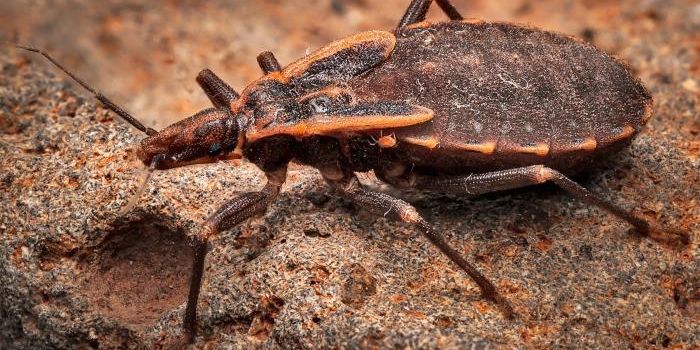Here's Why Roosters Don't Go Deaf From Crowing
If you’ve ever raised chickens before, then you might be familiar with the loud crowing roosters do with each passing morning. Believe it or not, that crowing can be louder than you might think, and that raises questions about how roosters don’t deafen themselves with time.
Image Credit: Pixabay
Researchers from both the University of Antwerp and the University of Ghent sought to find out, so they studied roosters up close to learn more. They’ve published their findings in the journal Zoology.
After attaching metered microphones to roosters’ heads to analyze crowing volume, the researchers found that the sound can meet or exceed 100 decibels. For comparison, that’s approximately as loud as a gasoline-powered chainsaw.
Frequently using gas-powered chainsaws without ear protection has been linked to deafness in humans, so given the similarities in volume, the curious researchers appear to be justified in their curiosity about how roosters evade deafness from their own crowing.
Related: Chickens are smarter than you think
Their inquisitiveness led them to study the roosters’ ear canals, and when they did, they found the same hair cells that humans have. Flustered, the researchers didn’t stop there; they moved on to conducting micro-computerized tomography scans on the birds’ skulls.
The results from these scans highlighted a critical detail in the quest to learn how roosters protect their hearing. As it would seem, the birds sport a sound-dampening layer of tissue over half of their eardrum. This added layer, albeit insignificant at first glance, could shield the eardrum just enough to prevent deafness over time.
As a side note, various birds can regenerate damaged hair cells innately, and roosters might not be any different.
There’s undoubtedly more than we could learn about roosters’ crowing habits, and with that in mind, research will likely continue. Then again, the findings of this study seem to answer the researchers’ initial question, so one might call it a success.
Source: Phys.org









